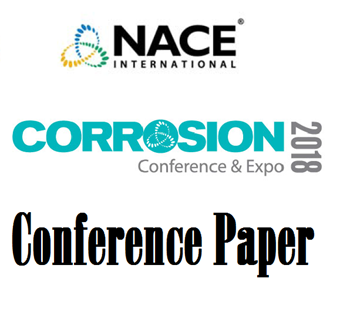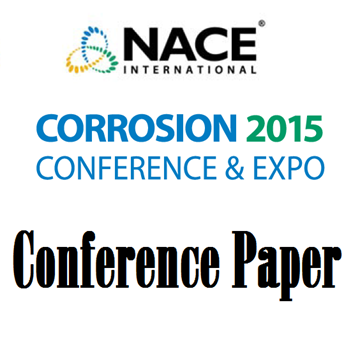Search
51316-7828-Evaluation of Test Techniques for Determining Susceptibility Nickel Based Alloys to Hydrogen Assisted Cracking in Seawater with CP Conditions
Also Purchased
51318-10700-Environmentally Assisted Cracking of High Strength Nickel Based Alloys Under Cathodic Protection
Product Number:
51318-10700-SG
Publication Date:
2018
$20.00
Investigation of Hydrogen Embrittlement Susceptibility of Precipitation Hardened Nickel Alloys Under Cathodic Protection Condition
Product Number:
51314-4248-SG
ISBN:
4248 2014 CP
Publication Date:
2014
$0.00
Susceptibility to Hydrogen Induced Stress Cracking of Alloy 718 and Alloy 725 Under Cathodic Polarization
Product Number:
51315-5597-SG
ISBN:
5597 2015 CP
Publication Date:
2015
$20.00




